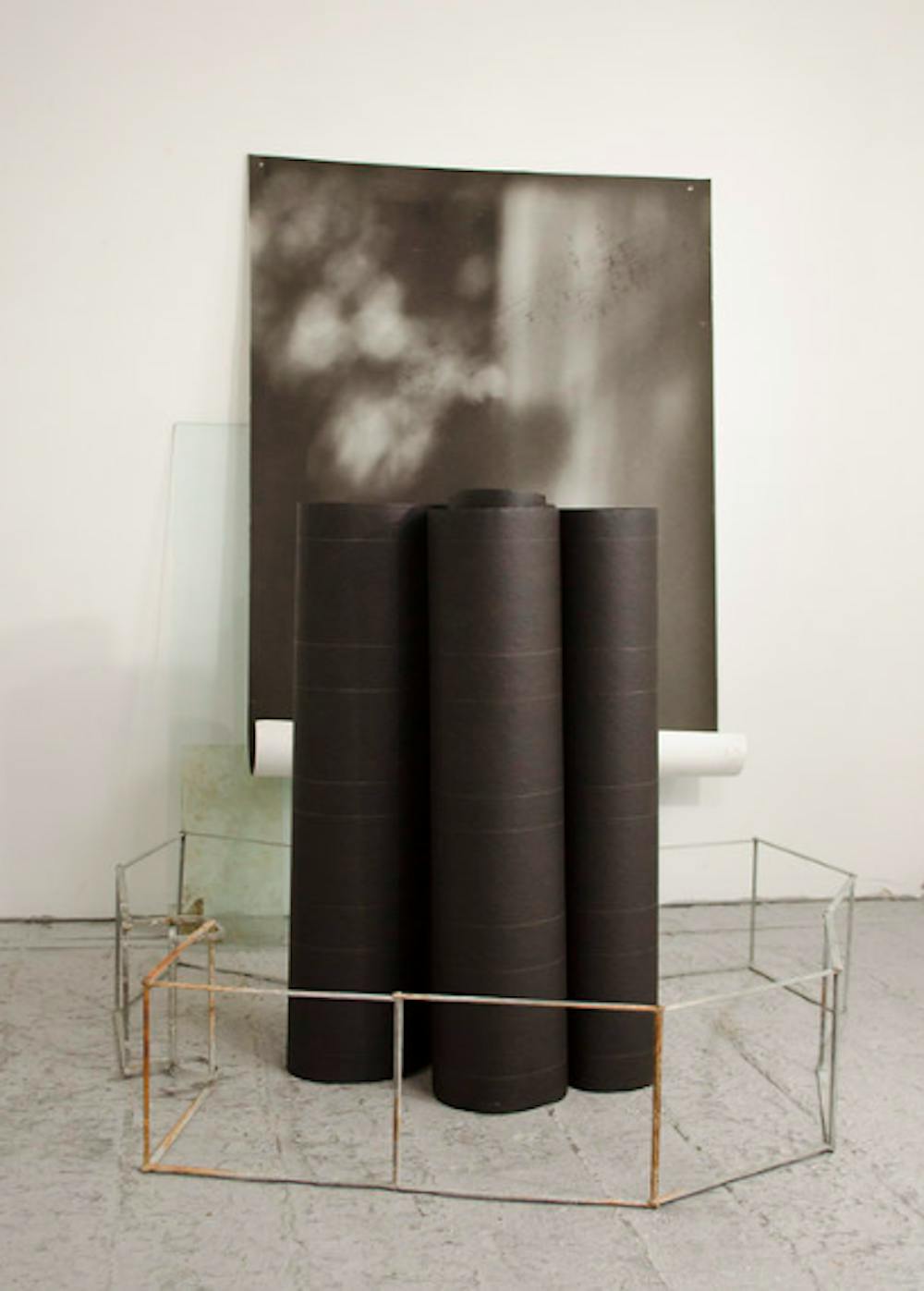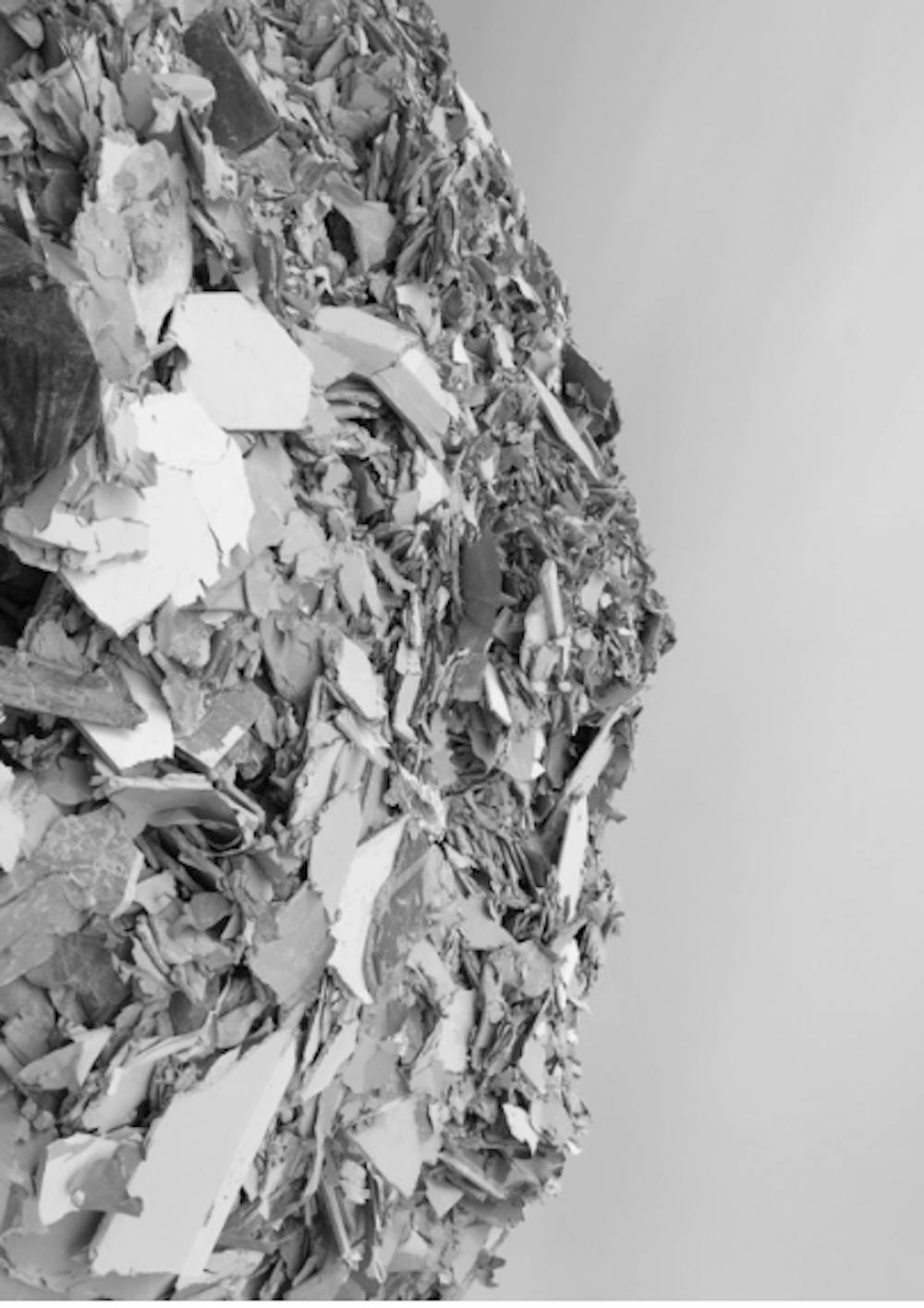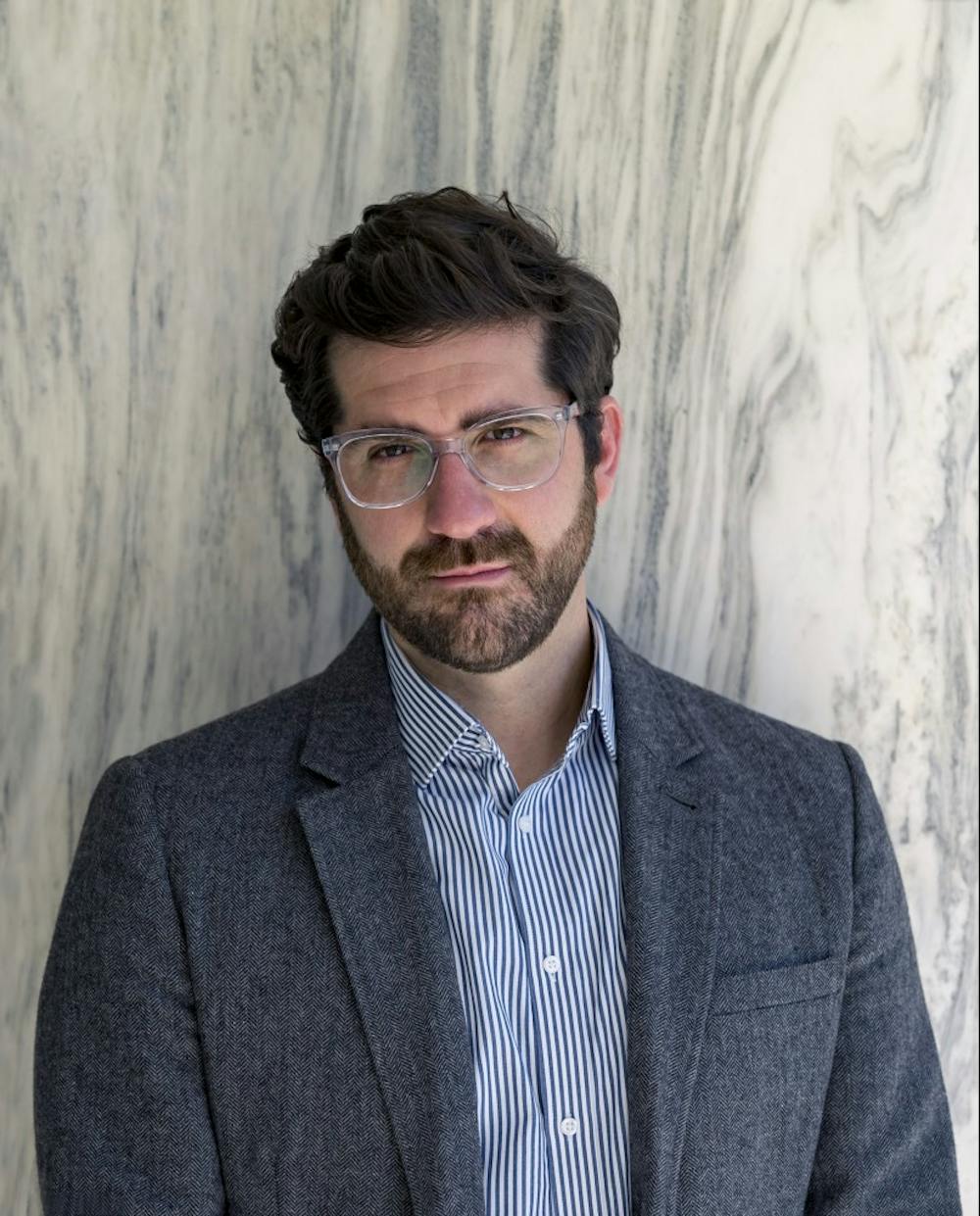Everyday, there’s the constant wrestle between us and our power and privilege. In a day of this age, politics has become increasingly partisan and basic rights have become topics of debate, rather than given assumptions. Power structures are seen as the rule of the law, rather than merely figments of cultural imagination. The confrontation with such structures is difficult, but it is precisely this confrontation that Undergraduate Fine Arts Chair, Professor Matt Neff tries to explore in his art—specifically, negotiations of power and privilege on race, gender, and class.
Residing within the city of Philadelphia, Neff reports seeing the daily bustle of the city. In Center City, there’s the most affluent of neighborhoods. Here, Philly natives attend Soul Cycle classes and head to multiple restaurants during Restaurant Week for dinner. But on the other side of one of the most segregated cities, are those who walk instead of taking the SEPTA and those whose families are at the center of the opioid epidemic.
“I really started to examine these issues and look at myself, and I’ve been trying to make work that negotiates that process,” Neff explains. “In all my works, my own sort of privilege or position is critiqued. So I always take a look at the mirror and ask where I am in a work.”
And through that reflection the mirror, he finds his inspirations for his art. In particular, through depiction of the spatial relationships. For example, in his piece “We dreamed of Utopia and woke up screaming,” four black columns of roofing paper stand fenced. The abstract piece is meant to be representative of of the gap between the ideal and the reality. The title is taken from a piece by Robert Bolaño, critiquing how other poets and artists think about utopia.

After the installation of this piece, Neff then recycled the metal pieces that served as fences for use in his next piece “The barricade and the bed.” “It’s just this idea of barricade in mental and physical spaces, between people or between you and a problem you try to solve,” he said. The point of relational spaces reflects the idea of the negotiation of power dynamics through the reuse of space.
In addition to being the Director of Undergraduate Programs in Fine Arts, Neff is also Director of the Common Press, the overarching press reigning over the Robinson Press. “I use the idea of the movable type or objects to describe different negotiations, whether it’s regarding race, power, or privilege. In my case, whiteness is negotiated back and forth,” Neff said. “There’s power to me in this transformation of an object from its original life, so to speak, to a new life.”

The reflection of such is often seen in the materiality of the objects. Using readymades from different parts of his life, he transforms the quotidian to the artistic. For example, when Neff used sugar to print, he made a sugar chandelier to represent wealth. The association between luxury and sugar was a pointed relationship between the sugarcane fields and the wealth of slaveowners, a relationship drawn out by the institution of slavery. “So I want to direct to the material, instead of making things about sugar or writing about sugar. The material I use has its own history and its own form of life, and I take those into account,” Neff said. “I try to use the material for what it actually is. So if it comes in a roll and wants to be rolled up, I let it roll up. If I have a certain piece of wood that’s in a certain scale, I use it in that scale. If I don’t have enough, I just wait until I get more.” Drawing material from eclectic sources, the final product comes together as a harmonious whole.
While professors are often seen as the teachers that impart information, fine arts professors are also artists. And for Neff, his own art is a reflection of both himself and society.

